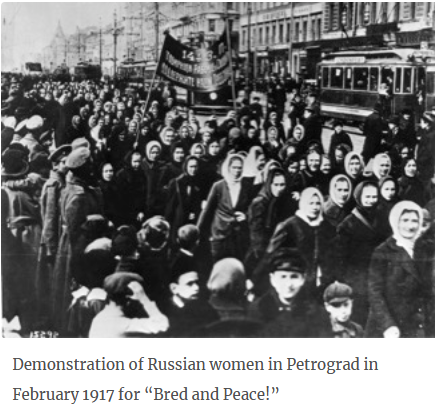International Women’s Day (IWD) has its roots in the early 20th century, marked by various events and movements that aimed to advocate for women’s rights and address gender inequality. Here’s a brief overview of its revolutionary history:
- Early 20th Century Labor Movements: The first National Woman’s Day was observed in the United States on February 28, 1909, organized by the Socialist Party of America in remembrance of the 1908 strike of the International Ladies’ Garment Workers’ Union, where women protested against poor working conditions.
- Clara Zetkin’s Proposal: In 1910, during the Second International Conference of Working Women held in Copenhagen, Clara Zetkin, a German Marxist theorist, proposed the idea of an International Women’s Day. Her proposal was met with unanimous approval, and the first International Women’s Day was celebrated the following year, in 1911, in several European countries.
- Focus on Suffrage: Initially, the focus of International Women’s Day was on women’s suffrage and their right to vote. Women used this day to protest and advocate for their political rights.
- Russian Revolution: International Women’s Day gained significant momentum during the Russian Revolution of 1917. On March 8th (February 23rd in the Julian calendar then used in Russia), a large demonstration of women in Petrograd (now St. Petersburg) marked the beginning of the revolution. Women protested against food shortages and poor living conditions, eventually leading to the abdication of Tsar Nicholas II and the establishment of a provisional government.
- Official Recognition: In 1977, the United Nations officially recognized March 8th as International Women’s Day, and it has since become a global day of celebration and activism, focusing on various issues including gender equality, reproductive rights, violence against women, and economic empowerment.
- Modern Activism: Today, International Women’s Day is celebrated worldwide with events, rallies, and campaigns advocating for women’s rights. It serves as a reminder of the progress made towards gender equality and the work that still needs to be done to achieve it.
Overall, International Women’s Day has a rich history rooted in the struggle for women’s rights and continues to be an important platform for raising awareness about gender inequality and promoting women’s empowerment.
